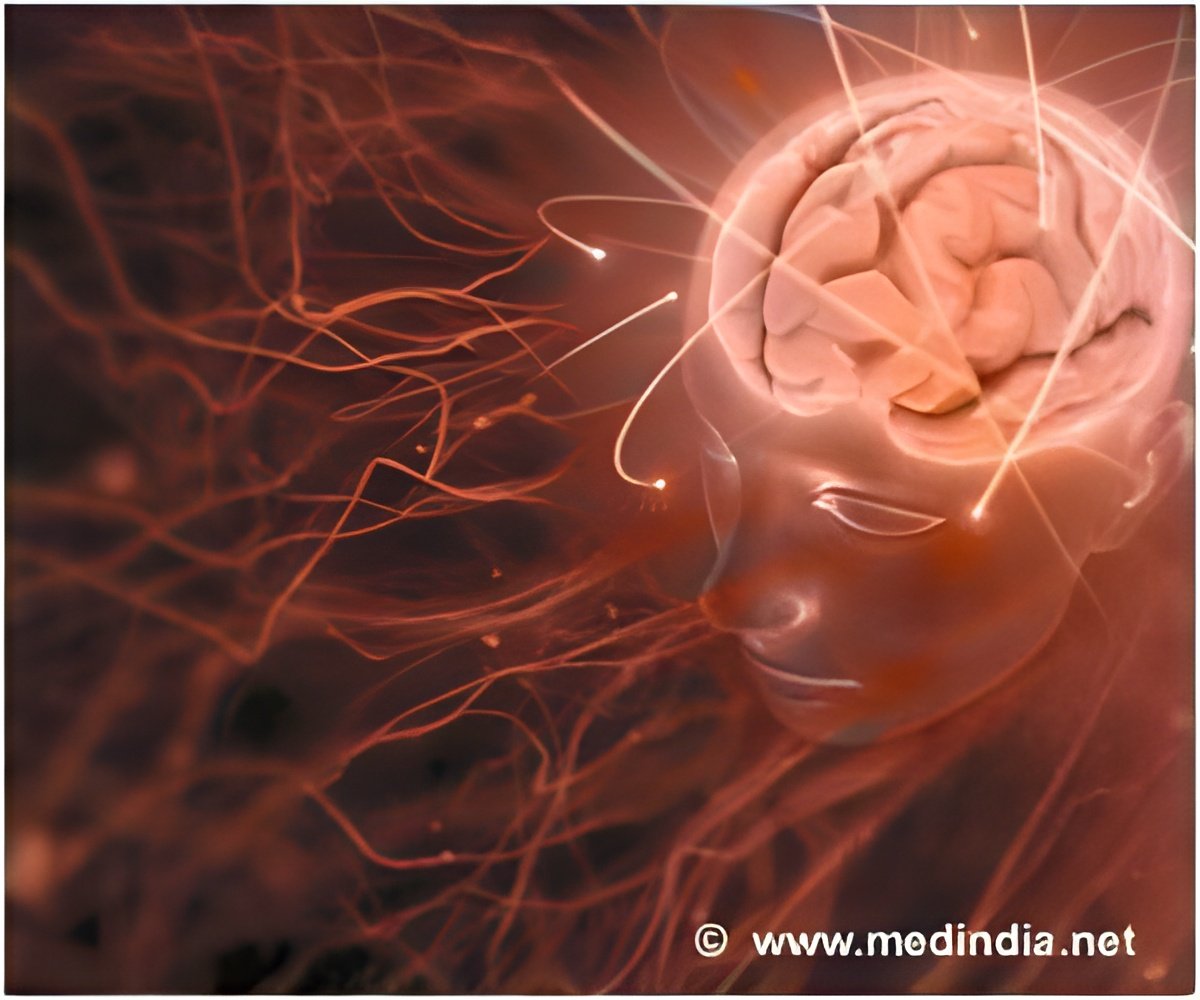Induced pluripotent stem cells (iPSCs) extracted from the patient itself may be extremely helpful in treating many disease

Studies in rodents have suggested that iPSC-derived cells used for transplantation may be rejected by the body's immune system. To test this in an animal that is more closely related to humans, investigators in Japan directed iPSCs taken from a monkey to develop into certain neurons that are depleted in Parkinson's disease patients. When they were injected into the same monkey's brain (called an autologous transplantation), the neurons elicited only a minimal immune response. In contrast, injections of the cells into immunologically unmatched recipients (called an allogeneic transplantation) caused the body to mount a stronger immune response.
"These findings give a rationale to start autologous transplantation—at least of neural cells—in clinical situations," says senior author Dr. Jun Takahashi, of the Kyoto University's Center for iPS Cell Research and Application. The team's work also suggests that transplantation of such neurons into immunologically matched recipients may be possible with minimal use of immunosuppressive drugs.
Source-Eurekalert








